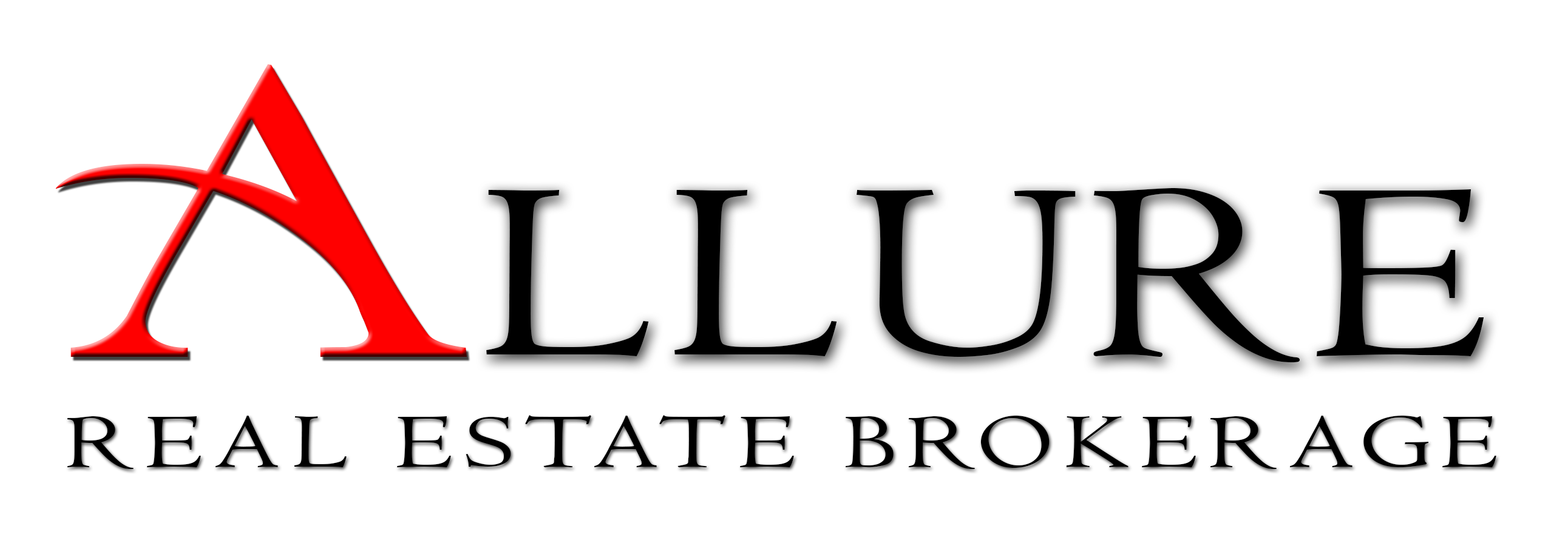Real estate taxes can be confusing. But understanding how they work and what deductions you may be entitled to can put thousands of dollars in your pocket, whether you’re selling or buying a property in Wyoming. Here is our comprehensive guide to Wyoming real estate taxes.

Wyoming is known for its real estate tax benefits. It has low sales and property taxes and there’s no estate tax, capital gains tax, or state income tax. The state prides itself on being a place where people that fosters real estate transactions.
But understanding the complexities surrounding Wyoming real estate tax laws can be overwhelming. That’s why it’s always best to discuss the variety of legal obligations you will face as a homeseller or home buyer with a professional realtor.
He or she will be able to advise you on what the local, state, and national filing requirements may be. They will also be able to point you to tax experts to make sure that you do not pay more than you need to in taxes and take advantage of any credits or deductions you may be entitled to.
Here’s more on the different taxes that may be levied on you as a homeseller or as a home buyer. This comprehensive guide walks you through the various tax deductions, credits and exemptions that could save you thousands of dollars, whether you are selling a home or buying one.
Will You Have to Pay Taxes When You Sell Your Home in Wyoming?
Most Wyoming home sellers don’t have to report the sale of their property to the IRS. However, this is not a hard and fast rule and there are exceptions that are dependent on the capital gain on the property.
Right now, up to $250,000 of capital gains (twice that for a married couple filing jointly) is not taxed after the sale of a home. The only requirement that the property that is sold has to have been your primary residence for at least two years before the sale date.
What’s more, you can use this exclusion every time you sell your primary residence. It only requires that you live in the home for at least two of five years.
So, how do you calculate the capital gain on your home. Just take the price for which you bought your property and subtract the selling costs. This could include the costs for any home improvements and sales commissions for your real estate agent.
That means if you bought your property 10 years ago for $200,000 and made $30,000 worth of home improvements before selling it for $430,000, your capital gain would be $230,000. You can also subtract the realtor’s commission from the capital gain. As long as the property was your primary residence for your home for two years, you do not have to pay any capital gains tax.
How Much Are Real Estate Transfer Taxes in Wyoming (and Who Pays Them)?
Transfer taxes are imposed by counties, municipal authorities, and states on real estate transactions. You will pay the transfer tax when you transfer legal deeds, certificates and titles to the property that is being sold.
The tax is based on the assessed value of the property, and usually it is the seller that’s responsible for paying the estate transfer tax. It is usually a percentage of the sale price. Sometimes sellers and buyers will make an agreement on who will pay this tax and how much.
Wyoming is only one of five states that doesn’t levy the transfer tax. But there are other fees and taxes that home buyers and realtors face. That’s why it is important to get advice from a trusted realtor about the tax consequences of purchasing or selling a home.
He or she will also be able to guide you to any number of state and federal programs that help with tax relief. For sellers, a real estate agent can provide invaluable information about deductions you can make on the sale of your property. Whether you are buying or selling, the right advice can save or make you thousands of dollars.
How to Calculate Property Taxes in Wyoming
Wyoming has among the lowest property taxes in the U.S. In fact, at just 0.61%, it has the eighth lowest average effective property tax in the country. In Laramie County, the average tax rate is a bit higher at 0.65%. That means a home assessed at $250,000 in that county would pay just $1,615 a year.
Compare this to Travis County in Texas, where the average tax rate is 1.97%. A home assessed at having a value of $250,000 in that county can expect to pay more than $4,900 a year. Or how about paying only $728 a year in property taxes. That’s what a homeowner with a house worth a quarter of a million dollars would pay in Hawaii. Its Average Tax Rate is only 0.29%.
Property taxes are calculated based on the value of the property and any structures that may be on it (like the house). The assessor can do a Sales Comparison, where he compares your home to other similar properties that have recently sold in the area.
He or she may use the Cost Method and try to determine how much it would cost to rebuild your home from scratch minus any depreciation. Or the assessor may use the Income Method, which is usually reserved for commercial properties.
Tax Breaks and Credits for Home Buyers in Wyoming
The Mortgage Interest Deduction
This allows home buyers in Wyoming to deduct the interest from their mortgages (limited to $750,000). This can save you hundreds of dollars a year.
Property Taxes
You can write of property taxes on your 1040 Form (up to $10,000). Speak to a professional tax advisor about how best to utilize tax breaks or lower your assessment value so that you can keep any levies as low as possible.
Tax Breaks and Credits for Sellers
Selling Costs
Homesellers in Wyoming can receive federal tax write offs for their selling costs. These may include what you spend on title insurance, broker’s commissions, inspection fees, and repairs.
Costs of Home Improvement Repairs and Improvements
Home improvements are also tax deductible, so it’s important that you keep your receipts. It’s important to remember that any repairs or improvements usually need to made within a 90-day period before the closing date.
The Next Steps
Whether you’re buying a home or selling one, there are many tax implications when it comes to property sales. It’s not easy to become an expert. But having the right knowledge when it comes to transfer taxes, property taxes, or other levies you’ll face as a home buyer or homeseller in Wyoming could save you thousands of dollars. Being misinformed could also cost you thousands.
Wyoming Tax Benefits
- No state income tax. No state tax on personal or corporate income.
- Dynasty trusts: In Wyoming, you can shield your real estate from federal estate taxes for up to 1,000 years through a dynasty trust. You can establish a trust in Wyoming for the benefit of your family or other beneficiaries. You can transfer your real estate into a limited liability company or family partnership and then put that into the ‘dynasty trust,’ which can continue for a thousand years. As a result, multiple generations can make use of and enjoy the property, without having to pay estate taxes or worse, having to sell the property in order to pay the taxes. A key point to remember: The trust must be administered in Wyoming.
- No inheritance tax or estate tax: Wyoming repealed its estate tax as of January 1, 2005.
- No state gift tax: Somebody who owns property in Wyoming can ‘gift’ that real estate to their heirs without paying a state gift tax.
- No tax on out-of-state retirement income: People in Jackson Hole who use Wyoming as a second home may have retirement income that comes from other states where they are a resident. Wyoming doesn’t tax retirement income earned outside of Wyoming.
- Low property taxes: Wyoming has very low property taxes compared to other states. The taxes that you do pay here are based on the assessed value of the property. For Teton County the rate is 1.2 percent of a property’s assessed value. The rate for the city of Jackson is 8/10 of one percent.
- No excise sales taxes: When you fill up your car’s gas tank or buy a bag of groceries in Wyoming, you won’t pay any state tax on your gas or food.
- No tax on mineral ownership: Many states charge owners a tax on their mineral ownership, but Wyoming does not.
- No intangible taxes: Wyoming doesn’t tax financial assets like stocks and bonds.
- No tax on the sale of real estate.
Allure Real Estate Brokerage
Licensed Brokerage in Wyoming, Idaho, Colorado, and Texas
